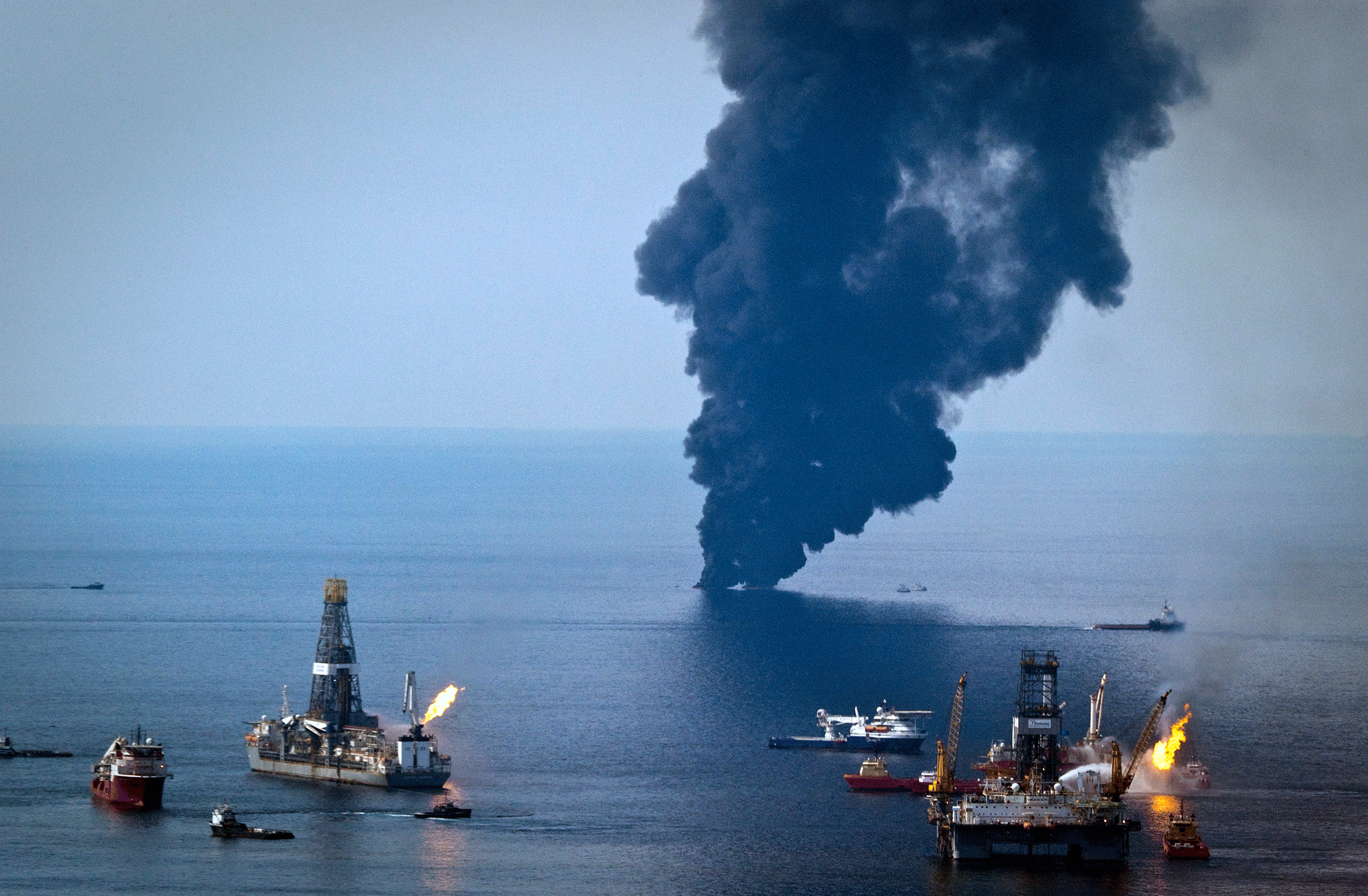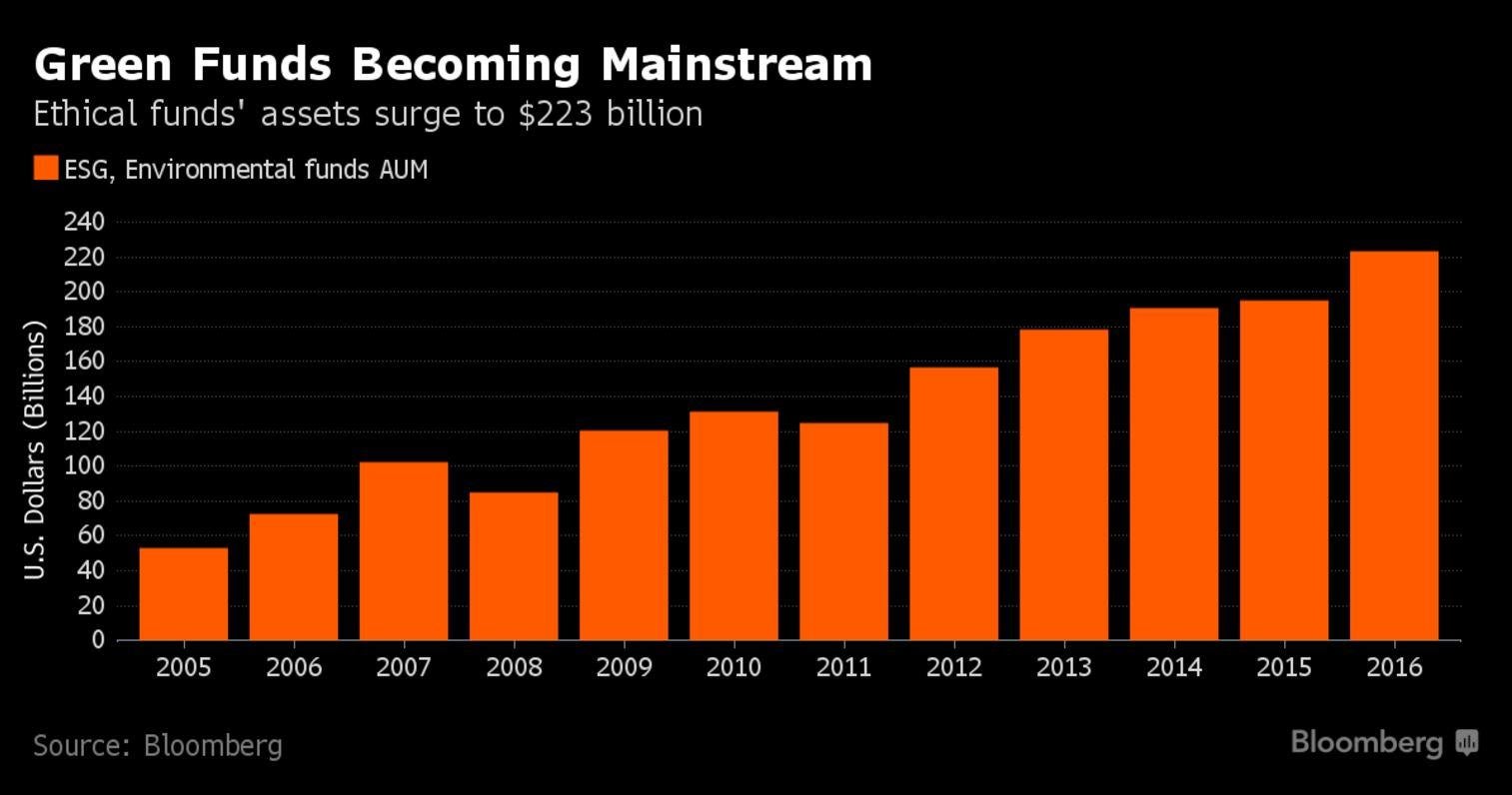The ‘ethical’ investment funds pumping millions into oil firms and big tobacco
Companies backed by the multi-billion dollar funds include Exxon Mobil which has been accused of hiding climate change science and British American Tobacco, Europes largest cigarette maker

Your support helps us to tell the story
From reproductive rights to climate change to Big Tech, The Independent is on the ground when the story is developing. Whether it's investigating the financials of Elon Musk's pro-Trump PAC or producing our latest documentary, 'The A Word', which shines a light on the American women fighting for reproductive rights, we know how important it is to parse out the facts from the messaging.
At such a critical moment in US history, we need reporters on the ground. Your donation allows us to keep sending journalists to speak to both sides of the story.
The Independent is trusted by Americans across the entire political spectrum. And unlike many other quality news outlets, we choose not to lock Americans out of our reporting and analysis with paywalls. We believe quality journalism should be available to everyone, paid for by those who can afford it.
Your support makes all the difference.Thinking of putting your money into a fund that describes itself as ethical? You’d better read the fine print if backing Exxon Mobil and British American Tobacco isn’t your idea of doing good.
The oil company accused of misleading investors by hiding evidence about climate change and Europe’s biggest cigarette maker are among the holdings of some of the 30 biggest funds that invest following environmental or social governance guidelines, according to data compiled by Bloomberg.
While some funds are strict about supporting only clean-energy producers, others buy securities from Big Oil to Big Tobacco along with consumer brands such as Unilever and Facebook. The wide range of holdings is the result of each institution deciding on its own what meets the ethical threshold.
Loosening that definition has helped ethical investing grow about 80 per cent over the past five years to $223 billion, data compiled by Bloomberg show.
“The industry hasn’t done itself many favors in making sure people understand what’s what,” said Charlie Thomas, who manages €950 million under Jupiter’s Ecology funds, which exclude oil and tobacco in favour of companies that have a solution for environmental issues.
“The challenge that we have as a sector is to be very clear with the investor so they know what they’re actually buying. Not all ethical funds are the same.”
There’s no agreed definition on what an ethical fund should be. That has allowed to mushroom the number of funds saying they support companies guided by standards on environmental and social governance. There are no set criteria for how companies report performance on those metrics, and no regulator lhas set out rules.
The looseness of the system is a concern to the G20 nations, which asked a panel led by Mark Carney, governor of the Bank of England to draw up a proposal for voluntary reporting standards that companies could follow if they chose.

That’s likely to offer best practices to companies and accounting firms that draw up sustainability reports and release data through organizations such as the non-profit CDP and Bloomberg.
Ethical, Social and Governance (ESG) fund strategies range from excluding only companies they score the worst in their industries on specific metrics to including only the best of their class. Some seek to spur change by working as activist shareholders. A few will invest only in companies that benefit the environment. The only way to tell the difference is to look at what the fund is holding.
No Simple Label
“There’s not a simple label you can slap on it to solve the problem,” said Greg Elders, an analyst at Bloomberg Intelligence in London tracking ESG data. “Clients think it’s a shortcut for seeing how sustainable a fund is.”
The Bloomberg survey found the number of environmentally friendly or ESG funds has more than doubled in the past decade to about 730. Of the top 30, at least six hold oil companies.
At Impax Asset Management Group, which runs a $568 million Environmental Markets fund, the number of companies that meet its rules has jumped to 1,500 from 250 in 1999, with the pool of firms eligible to be included growing to $4.1 trillion, according to Jon Forster, a portfolio manager at the firm.
Investors have benefited from the diversification of green funds. The main ethical investing index, the MSCI KLD 400 Social Index, has risen more than 225 per cent from the March 2009 low, about as much as the S&P 500. The gauge includes 400 companies, with Microsoft, Procter & Gamble and Verizon having the biggest weightings.
Growth in the sustainable-fund business, regardless of how “green” some of its investments are, is set to continue. A boom in renewable energy investment along with tighter environmental rules and increasing interest from younger people are the main drivers, said Sarbjit Nahal, head of thematic investing at Bank of America in London.
“The word I would stress is ‘mainstream,’” Nahal said. “There’s been a huge change towards taking longer-term issues into account. This is a space that you want to be in.”
Here are some of the top 30 ESG funds that hold oil and tobacco:
TIAA-CREF Social Choice Equity Fund, with $2.8 billion under management
- Occidental Petroleum
- Schlumberger
- ConocoPhillips
- Marathon Oil
KLP AksjeGlobal Indeks I, a $3.7 billion fund
- Exxon
- BP
- Monsanto
- The fund aims to achieve “positive change through active ownership,” said Annie Bersagel, responsible investment adviser at KLP.
DNB Global Indeks, a $1.4 billion fund
- Avoids companies responsible for “grave harm to the environment” and that don’t meet DNB’s “minimum ethical requirements,” according to its website.
- Exxon
- Chevron
- Mining giant BHP Billiton
ACTIAM NV’s $1.3 billion Responsible Index Fund
- Invests “exclusively in shares that meet the ESG criteria, as formulated” by itself according to its website.
- British American Tobacco
- Royal Dutch Shell
Pax World Management LLC, which manages ESG funds including the $1.9 billion Pax Balanced Fund
- Occidental Petroleum
- The Balanced Fund selects the best assets from a social and environmental perspective relative to their peers, according to Joseph Keefe, Pax Chief Executive Officer, who said he doesn’t see the need for more definitive criteria in ESG investing.
Amundi Asset Management’s Atout Euroland $1.4 billion fund
- Shell
- Repsol
Bloomberg
Join our commenting forum
Join thought-provoking conversations, follow other Independent readers and see their replies
Comments